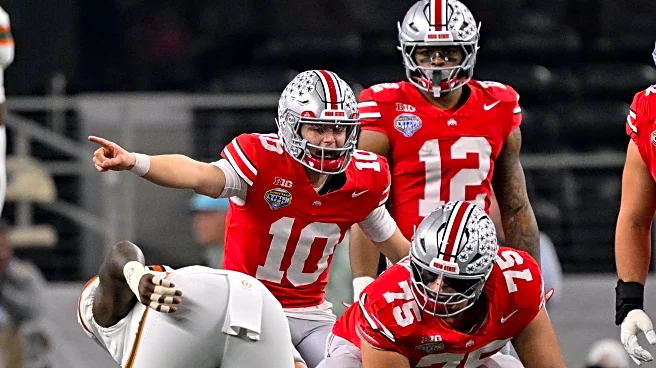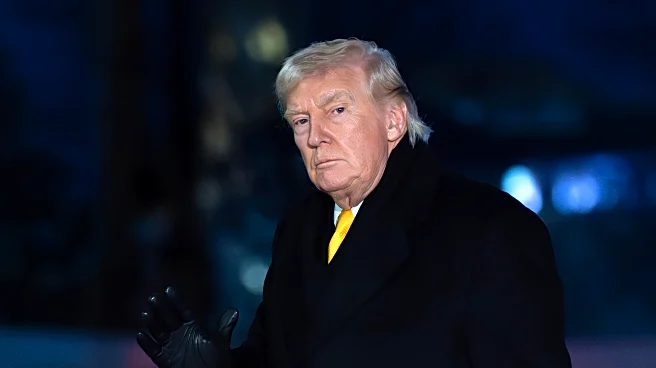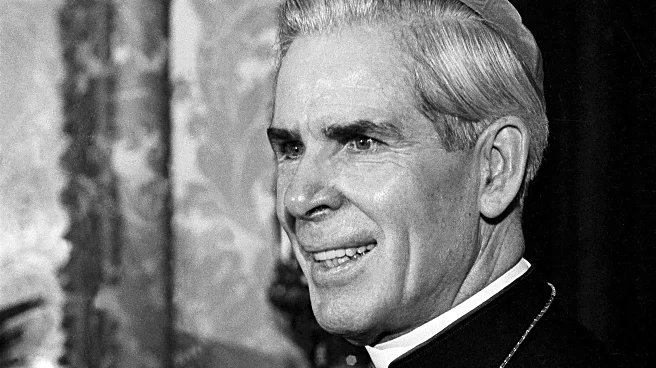Rapid Read • 7 min read
The European Union (EU) operates through a complex institutional framework consisting of seven major institutions and numerous smaller bodies. These institutions include the European Council, European Commission, European Parliament, Council of the European Union, Court of Justice of the European Union, European Central Bank, and European Court of Auditors. Each institution plays a distinct role in lawmaking, foreign affairs coordination, budget management, and judicial oversight. The EU has faced challenges to its unity, such as Brexit, the refugee crisis, and debates over further integration. The EU's foreign policy, trade negotiations, and military cooperation are areas of ongoing development and debate.
AD
The EU's institutional complexity is central to its ability to function as a supranational entity. The interplay between these institutions affects decision-making processes and the implementation of policies across member states. The EU's response to crises, such as Brexit and the refugee influx, tests its cohesion and adaptability. The organization's ability to maintain unity and address global challenges impacts its credibility and influence in international affairs. The EU's approach to foreign policy, trade, and defense cooperation shapes its role as a global actor.
The EU continues to navigate internal and external challenges, including debates over deeper integration and expansion. The organization's ability to adapt its institutional framework to address emerging issues will be crucial for its future stability and effectiveness. The EU's response to geopolitical tensions, such as those involving Russia, will impact its foreign policy and security strategies.
The EU's institutional framework raises questions about the balance between national sovereignty and supranational governance. The organization's ability to manage diverse member state interests while pursuing collective goals is a key aspect of its evolution. The EU's role in global governance and its approach to integration will shape its future trajectory.
AD
More Stories You Might Enjoy












